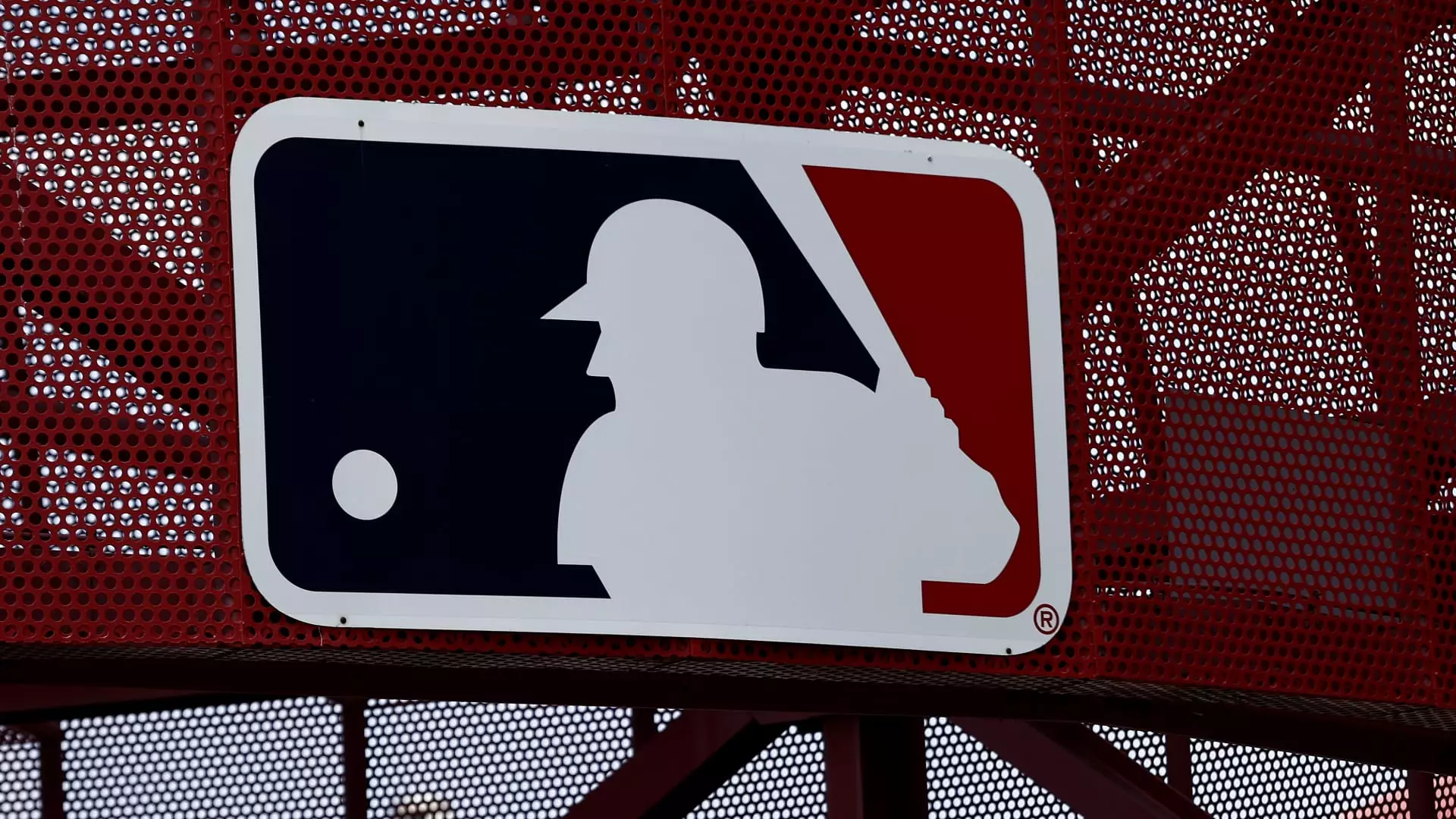In recent developments surrounding Diamond Sports Group, the largest owner of regional sports networks in the United States, Major League Baseball (MLB) and the Atlanta Braves have raised significant concerns regarding the company’s proposed reorganization plan amidst its ongoing bankruptcy proceedings. This situation sheds light on the precarious state of regional sports broadcasting, especially as traditional media structures face unprecedented challenges in an evolving entertainment landscape.
A bankruptcy court filing reveals that both MLB and the Braves harbor “grave concerns” about Diamond Sports Group’s prospective financial future. They argue that the current reorganization plan lacks the robustness necessary to ensure the company’s survival. The contention is that unless substantial modifications are made, Diamond Sports may soon find itself in a similar predicament as it navigates through bankruptcy—the implications of this are dire not only for the company but also for the teams relying on its infrastructure for broadcast rights.
The skepticism voiced by the Braves and MLB is not unfounded—there is a palpable fear that without a solid financial comeback strategy, Diamond could repeat the mistakes of the past, exposing the league and its franchises to further instability. Their worries highlight a broader issue plaguing the sports broadcasting industry, where dwindling subscriber rates and the shift towards streaming services have complicated the economics of traditional cable-based distribution.
At the core of MLB and the Braves’ objections lies a significant information deficit concerning Diamond Sports’ reorganization plan. The proposal extends over 181 pages, comprising 20 documents, yet it fails to offer critical clarity on the financial viability of the plan. Diamond Sports indicated that the confidentiality agreements with its distribution partners limit their ability to disclose necessary details, resulting in a communication breakdown that has aggravated stakeholders’ uncertainties.
Both the Braves and MLB have expressed a need for more precise information, particularly regarding the partnership between Diamond and Amazon. Ambiguities surrounding this potential commercial alliance only serve to heighten concerns, particularly as entities in sports broadcasting pivot toward digital platforms to capture shrinking audiences. The Braves and MLB are right in demanding transparency—the stakes are extraordinarily high.
This latest objection arrives against the backdrop of prior complaints from MLB about Diamond Sports’ financial strategies. In court hearings earlier, requests were made for clarity around naming rights agreements, including one with FanDuel for the networks previously branded as Bally Sports. Such inquiries illuminate a consistent pattern of skepticism toward Diamond’s management of assets in the face of mounting fiscal pressures.
Furthermore, the Atlanta Braves’ organizational structure complicates matters—now under publicly traded Atlanta Braves Holdings, a spin off from Liberty Media, where John Malone remains a significant shareholder. This transition underscores the complexities within ownership models and how they impact financial negotiations. While Diamond appears committed to retaining its contract with the Braves, the ongoing discussions and renegotiations with other teams in its portfolio signal a challenging road ahead.
Diamond Sports Group’s attempts to evolve its direct-to-consumer strategy also indicate a shift in how fans consume sports content. The traditional cable model is rapidly becoming obsolete, as evidenced by numerous customers moving away from bundled services. The need for a clear and actionable strategy in this arena is more pressing than ever.
The regional dynamics of team broadcasting rights are shifting, demonstrated by the Cincinnati Reds’ recent decision to withdraw from Diamond’s network, which raises questions about the future of local sports broadcasting. As three out of the eleven teams currently negotiating contracts have sought alternative solutions via MLB for their local games, a clearer picture of the future broadcasting landscape is emerging. This could foreshadow significant shifts in how regional sports networks operate, as they grapple with the dual pressures of bankruptcy and competition from direct streaming methods.
As Diamond Sports Group approaches crucial court hearings regarding its reorganization, the air is thick with uncertainty and a need for clarity. Both MLB and the Braves are advocating for an overhaul of the current plan, emphasizing the importance of ensuring financial viability for all parties involved. The outcome of this situation could have widespread implications for the future of regional sports broadcasting in a time where adaptability and transparency are essential for survival. As stakeholders await further developments, the conversation will inevitably turn toward how the industry can evolve to meet the challenges posed by changing consumer behaviors and economic realities.

